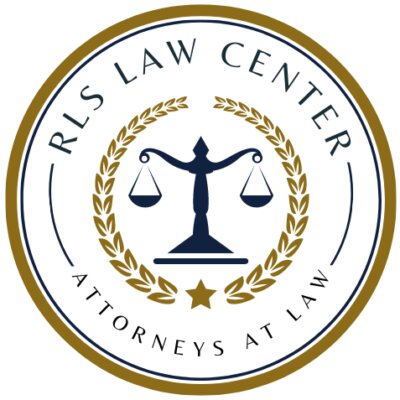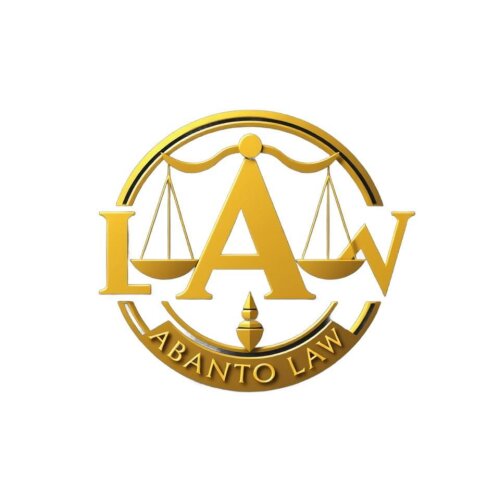Best Birth Injury Lawyers in Philippines
Share your needs with us, get contacted by law firms.
Free. Takes 2 min.
Or refine your search by selecting a city:
List of the best lawyers in Philippines
About Birth Injury Law in Philippines:
Birth injury refers to any harm or injury sustained by a newborn during the birthing process. In the Philippines, birth injury cases are governed by specific laws and regulations to protect the rights of both the child and the parents.
Why You May Need a Lawyer:
It is essential to seek legal help in cases of birth injury, especially when medical malpractice or negligence is suspected. A lawyer can help you navigate the legal system, gather evidence, and pursue compensation for the damages incurred.
Local Laws Overview:
Local laws in the Philippines recognize birth injury as a serious issue that requires legal action. The pertinent laws cover medical malpractice, negligence, and the rights of the child and parents in such cases.
Frequently Asked Questions:
1. What constitutes a birth injury?
A birth injury is any harm or damage suffered by a newborn during the birthing process, which may be caused by medical malpractice, negligence, or other factors.
2. How can I prove medical malpractice in a birth injury case?
Proving medical malpractice in a birth injury case requires evidence of a healthcare provider's failure to meet the standard of care expected in such situations, resulting in harm to the newborn.
3. What compensation can I seek in a birth injury case?
Compensation in a birth injury case may include medical expenses, ongoing care costs, pain and suffering, and loss of future earning capacity for the child.
4. Is there a time limit for filing a birth injury claim in the Philippines?
Yes, there is a statute of limitations for filing a birth injury claim in the Philippines, typically within a certain number of years from the date of the injury or discovery of the injury.
5. Can I file a birth injury claim on behalf of my child?
Yes, parents or legal guardians can file a birth injury claim on behalf of their child if the child is a minor.
6. What should I do if I suspect my child has suffered a birth injury?
If you suspect your child has suffered a birth injury, seek medical attention immediately and consult with a lawyer experienced in birth injury cases to discuss your legal options.
7. Are there any government agencies that can help with birth injury cases?
The Department of Health and the Philippine Health Insurance Corporation (PhilHealth) may provide assistance and resources for birth injury cases.
8. How do I find a reliable lawyer for a birth injury case?
Look for a lawyer with experience handling birth injury cases, good reviews, and a track record of success in similar situations. You can also ask for recommendations from trusted sources.
9. What is the process of filing a birth injury claim in the Philippines?
The process of filing a birth injury claim involves gathering evidence, filing a complaint with the appropriate court or government agency, and negotiating with the responsible parties for a settlement or pursuing litigation.
10. Is legal aid available for birth injury cases in the Philippines?
Legal aid may be available for birth injury cases through government programs, non-profit organizations, or pro bono legal services provided by law firms. It is essential to explore these options if you require financial assistance for legal representation.
Additional Resources:
For additional resources and support in birth injury cases, you may consider reaching out to the Department of Health, PhilHealth, or organizations like the Philippine Medical Association and the Integrated Bar of the Philippines.
Next Steps:
If you believe you have a birth injury case or require legal assistance in the Philippines, contact a reputable lawyer specializing in birth injury law to discuss your options and take appropriate action to protect your rights and seek justice for your child.
Lawzana helps you find the best lawyers and law firms in Philippines through a curated and pre-screened list of qualified legal professionals. Our platform offers rankings and detailed profiles of attorneys and law firms, allowing you to compare based on practice areas, including Birth Injury, experience, and client feedback.
Each profile includes a description of the firm's areas of practice, client reviews, team members and partners, year of establishment, spoken languages, office locations, contact information, social media presence, and any published articles or resources. Most firms on our platform speak English and are experienced in both local and international legal matters.
Get a quote from top-rated law firms in Philippines — quickly, securely, and without unnecessary hassle.
Disclaimer:
The information provided on this page is for general informational purposes only and does not constitute legal advice. While we strive to ensure the accuracy and relevance of the content, legal information may change over time, and interpretations of the law can vary. You should always consult with a qualified legal professional for advice specific to your situation.
We disclaim all liability for actions taken or not taken based on the content of this page. If you believe any information is incorrect or outdated, please contact us, and we will review and update it where appropriate.
Browse birth injury law firms by city in Philippines
Refine your search by selecting a city.

















